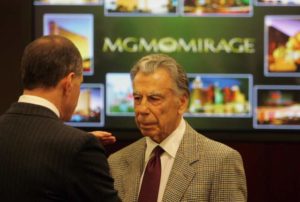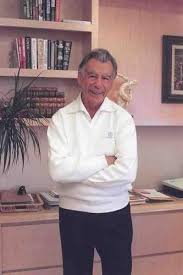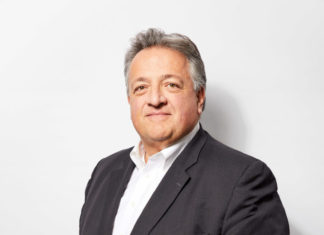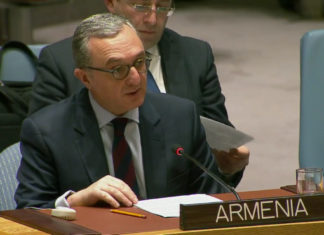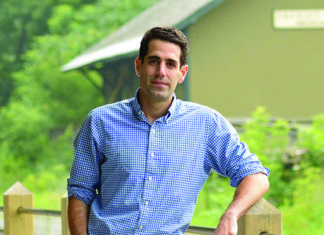LOS ANGELES (Las Vegas Review-Journal) — Billionaire financier Kirk Kerkorian, one of the founders of modern Las Vegas whose name is synonymous with some of the Strip’s best known hotel-casinos, died Monday night Los Angeles after a brief illness.
Kerkorian, who tuned 98 on June 6, was the largest shareholder in MGM Resorts International, which he founded in the early 1990s.
Three times in his career, he built and opened what were considered the world’s largest hotel-casinos — the International (now the Westgate Las Vegas) in 1969, the original MGM Grand (now Bally’s Las Vegas) in 1973 and the current MGM Grand Las Vegas in 1993.
Kerkorian invested in and operated numerous industries, including airlines, carmakers and film studios. In the 1940s, he operated a small airline that shuttled gamblers into then-remote Las Vegas from a Los Angeles-area airport.



